How much do solar panels cost in the UK - and are they worth installing?
Solar panels are set to be at the forefront of the government’s plans to make the UK economy greener. But are they cost effective?

Daniel Hilton
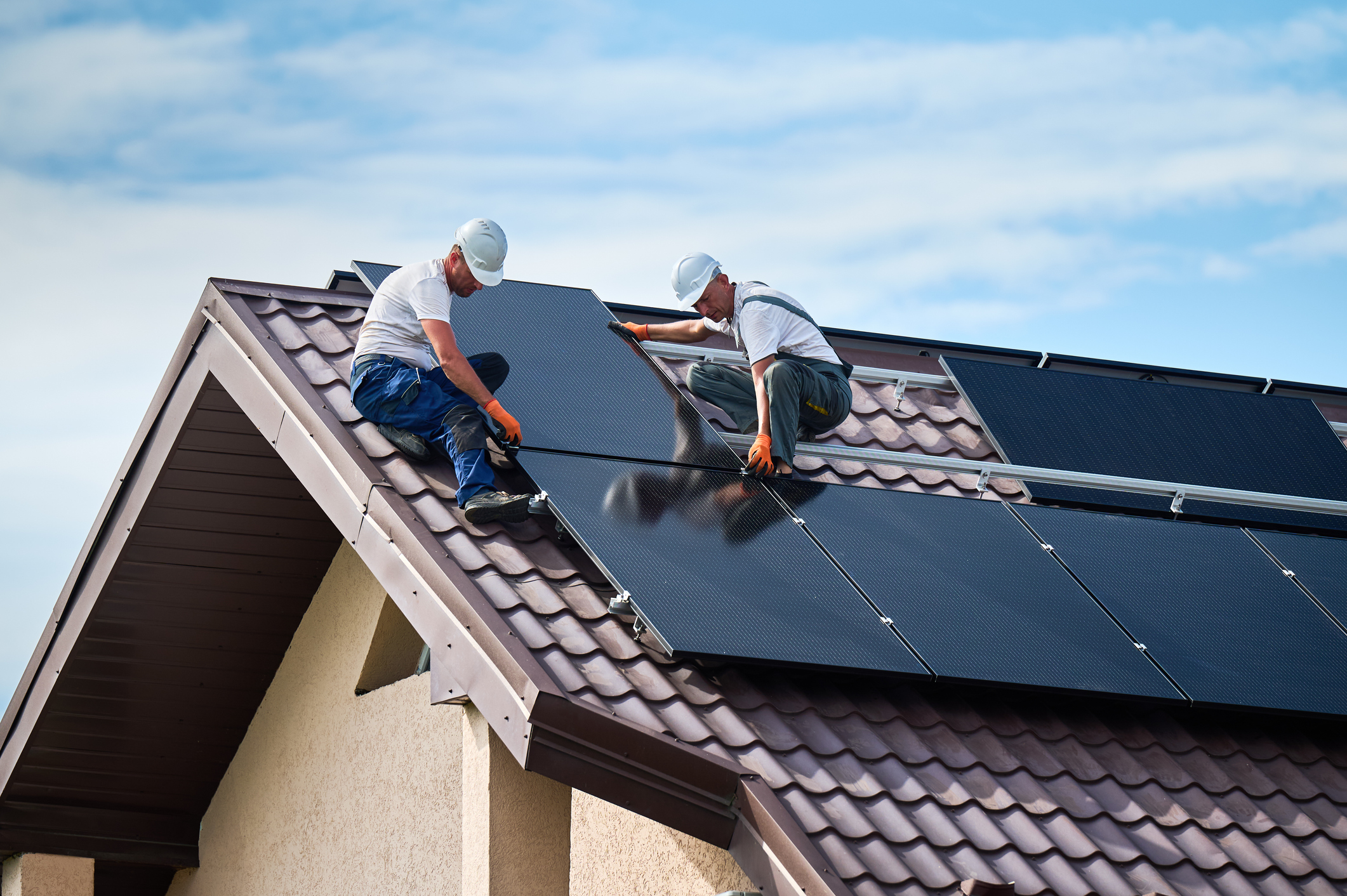
Get the latest financial news, insights and expert analysis from our award-winning MoneyWeek team, to help you understand what really matters when it comes to your finances.
You are now subscribed
Your newsletter sign-up was successful
Want to add more newsletters?

Twice daily
MoneyWeek
Get the latest financial news, insights and expert analysis from our award-winning MoneyWeek team, to help you understand what really matters when it comes to your finances.

Four times a week
Look After My Bills
Sign up to our free money-saving newsletter, filled with the latest news and expert advice to help you find the best tips and deals for managing your bills. Start saving today!
With energy bills at their highest levels since 2021, you may be thinking of installing solar panels in a bid to lower costs and reduce your carbon footprint.
But, installation of solar panels can run into thousands and savings could take years to realise, depending on where you live and the type of house you have.
There are currently around 1.8 million small-scale solar installations on UK roofs, according to the government data, helping produce 19 gigawatts of clean electricity.
MoneyWeek
Subscribe to MoneyWeek today and get your first six magazine issues absolutely FREE

Sign up to Money Morning
Don't miss the latest investment and personal finances news, market analysis, plus money-saving tips with our free twice-daily newsletter
Don't miss the latest investment and personal finances news, market analysis, plus money-saving tips with our free twice-daily newsletter
This number is set to increase too, with the expectation that solar panels will be fitted on all new-build homes in England by 2027, where suitable,
While solar panels will help you save on your energy bills, you can also make extra cash by selling surplus energy back to the grid.
We look at how much solar panels cost in the UK, who can get them and whether it is worth installing them.
How much do solar panels cost to install?
The cost of installing solar panels was once seen as prohibitive, especially when government subsidies for them dried up after 2016, but installations have started to pick up in recent years.
Much of this is thanks to the government removing VAT from the cost of solar panels and battery energy storage systems in April 2022, making them more affordable, according to trade association Solar Energy UK.
Retrofitted battery units are also now VAT-free, while more new-build homes have solar panels pre-installed these days, even before the government intends to make it mandatory.
The average cost of solar panel installation in 2025 is approximately between £7,200 to £7,700, according to the solar panel standards body MCS.
However, total costs will depend on a number of factors specific to you and your home.
Common factors that could make your installation cost more, according to the Energy Saving Trust, are:
- the size of your proposed solar panel system
- how easy it is to access your roof
- whether you choose solar panels or solar tiles
- whether you integrate the panels into the building or have them mounted on top of existing roof tiles
- whether or not you need to have any work done on your roof.
Once your solar panels are installed, they will start generating power. But to increase the savings your system generates, you may need to invest extra in a battery (£7,000 to £10,000) and a diverter (£300+) – a device that can use solar energy to heat your hot water.
As solar panels require little upkeep, you will not need to fork out much cash for maintenance. In most cases, they only need to be cleaned once a year to keep them operating at full capacity.
One key thing to note is that you may need to register your system with a district network operator. A smart meter is a must, and you will also have to secure an agreement with the electricity company that will buy your excess power.
To make solar panels worth installing, you will also need to think about the direction your roof faces (south is best, east and west are slightly less effective, north-facing should be avoided) and whether your roof is shaded at all during the day.
Are there any solar panel grants?
Though the government largely stopped giving out money for solar panel installation in 2016, there are still some grants that certain people can apply for to start generating solar energy at home.
The grants that still exist are mostly focused on those who have lower incomes or live in homes with low energy performance (EPC) ratings.
For example, if you live in an owner-occupied home with an EPC rating of D or lower, have a household income of £31,000 or below, and are in receipt of certain means-tested benefits, you could qualify for an ECO4 worth up to £10,000.
Solar Energy UK says you should seek out a range of quotes before you buy. These should come from contractors who are registered with MCS. This acts as a guarantee that the service you receive will be at a good standard, and safe.
How many solar panels do I need?
The number of solar panels you can get depends on how big your roof is, and how big the panels are. Trade association Solar Energy UK estimates eight to 10 four-kilowatt solar panels would be considered as normal on an average-sized house.
Installing this number of solar panels, as well as a battery system that is big enough to match your energy usage, would typically generate enough electricity to meet all of your power needs each year.
Should you not use much energy anyway, selling what you generate back to the grid could mean you save “hundreds or even thousands of pounds a year” on your energy costs, according to the trade association.
To get a sense of the savings you could make with your home, the Energy Saving Trust, an independent organisation who study energy efficiency, has a handy solar power calculator tool.
Do I need planning permission to install solar panels?
Currently, you don’t need planning permission for solar panels in most instances. Installing them is considered to be ‘permitted development’.
However, there are restrictions for listed buildings, as well as homes in conservation areas and national parks. In these instances, it’s advisable to get in touch with your local planning office.
They may force you to opt for more expensive options than standard panels, such as solar tiles. If you live in a flat, you will likely need to get permission from your building’s landlord and a majority of the building’s residents to get them fitted.
How to sell power back to the grid
If you choose to install solar panels, the prospect of selling your excess power back to the grid for a bit of extra cash is a big draw.
This is done through the Smart Export Guarantee (SEG), a government-backed scheme that allows households and businesses that generate renewable electricity to feed any energy that they do not consume back into the grid.
You will get paid for every unit of electricity that you feed back to the grid using the SEG, but will not be paid for any energy that you use yourself.
The SEG is available in England, but not every provider will take part.
Providers have their own export tariff and their own rates that they will pay for your energy, so it is important to shop around to make sure you get the best rates.
They will also have different restrictions, with some requiring you to be with the same firm for solar export and energy supply, while others also require you to have a solar battery to benefit from the rates.
The top SEG rates at the moment are both with Octopus, though they require a solar battery to benefit from (which could cost up to £10,000 to install).
The best SEG rates:
Supplier | Tariff name | Tariff rate (p/kWh) | Payment frequency | Notes |
|---|---|---|---|---|
Octopus | Intelligent Octopus Flux | 22p - 30p, depending on the time | 3 months | Must be with Octopus for solar export and energy supply. Must have a solar battery |
Octopus | Octopus Flux | 5p - 29p, depending on the time | 3 months | Must be with Octopus for solar export and energy supply. Must have a solar battery |
E.on Next | Next Export Exclusive | 16.5p | 12 months | Must be with E.on Next for solar export and energy supply. |
British Gas | Export and Earn Plus | 15.1p | 3 months | Must be with British Gas for solar export and energy supply. |
Source: MoneySavingExpert, July 2025
Is it worth buying solar panels in the UK?
While the UK weather may seem to be unsuitable for solar panels, they can actually pay for themselves relatively quickly. This is because the sun doesn’t always need to shine for them to work – although their performance will drop in cloudy conditions, as well as over the winter months.
For example, if you live in an area of the country which typically gets a lot of sunshine, at least compared to other parts of the UK, your solar panels will produce more energy, and therefore ‘pay for themselves’ faster.
Additionally, solar panels can be more suitable for some types of homes and less for others. If your home is permanently in the shade, then your solar panels will produce much less energy than if you have a home in the sun.
The direction your home faces will also have an impact on how much power you can generate. The optimal place to put solar panels is on a south-facing roof that has an unobstructed view to the sky as this maximises the amount of time that your solar panels will be exposed to the sun.
However, if your roof does not face south, then placing your solar panels on an east or west facing roof can yield decent results as they are still exposed to the sun for a large part of the day.
The direction you should avoid, if possible, is installing solar panels on north-facing roofs as these will have the least exposure to the sun of all.
So how long will it take for you to make back your investment on your solar panels?
The Energy Saving Trust crunched the numbers, and found that using your solar panels for energy, while also exporting some of what you produce, will cover the upfront costs in between 10 and 12 years if you live in London.
A full table showing how long it will take for solar panels to pay for themselves in different parts of the country can be found below.
| Header Cell - Column 0 | Home all day | Home in mornings | Home in afternoons | Out all day until 4pm | Out all day until 6pm |
|---|---|---|---|---|---|
London | 10 years | 11 years | 11 years | 12 years | 12 years |
Manchester | 11 years | 12 years | 12 years | 13 years | 13 years |
Aberystwyth | 11 years | 12 years | 12 years | 13 years | 13 years |
Stirling | 12 years | 13 years | 13 years | 14 years | 15 years |
Belfast | 13 years | 15 years | 16 years | 20 years | 21 years |
Source: Energy Saving Trust, July 2025
While the above figures give a good estimate, the exact timings for how long it’ll take you to make a return on your investment depend on a whole host of factors, including: how much energy your home uses, which direction your roof faces, the angle of this roof, and how much power you’re able to use yourself or sell to the grid.
A spokesperson at Octopus Energy told MoneyWeek: “Solar panels are a great investment for many types of home – essentially any home with a roof where homeowners can install panels can. An average UK home on a standard tariff could cut their electricity bill by up to 90% by installing both solar panels and a battery.
“Beyond reducing bills, solar panels and a battery can also increase property value.
“Research from the University of Cambridge shows that newbuild homes equipped with enough solar and battery systems to eliminate energy bills may sell for up to 16% more than similar properties without.”
So, if you can absorb the upfront costs and live in a suitable property, solar panels may be a good choice.
Get the latest financial news, insights and expert analysis from our award-winning MoneyWeek team, to help you understand what really matters when it comes to your finances.
Laura Miller is an experienced financial and business journalist. Formerly on staff at the Daily Telegraph, her freelance work now appears in the money pages of all the national newspapers. She endeavours to make money issues easy to understand for everyone, and to do justice to the people who regularly trust her to tell their stories. She lives by the sea in Aberystwyth. You can find her tweeting @thatlaurawrites
- Daniel HiltonWriter
-
 Should you buy an active ETF?
Should you buy an active ETF?ETFs are often mischaracterised as passive products, but they can be a convenient way to add active management to your portfolio
-
 Power up your pension before 5 April – easy ways to save before the tax year end
Power up your pension before 5 April – easy ways to save before the tax year endWith the end of the tax year looming, pension savers currently have a window to review and maximise what’s going into their retirement funds – we look at how
-
 EPC rating standards for private landlords set for major overhaul amid ‘biggest ever’ energy efficiency push
EPC rating standards for private landlords set for major overhaul amid ‘biggest ever’ energy efficiency pushNews The government wants landlords to achieve an EPC rating of at least C in private rented homes. The policy revives plans previously put forward by the Conservatives.
-
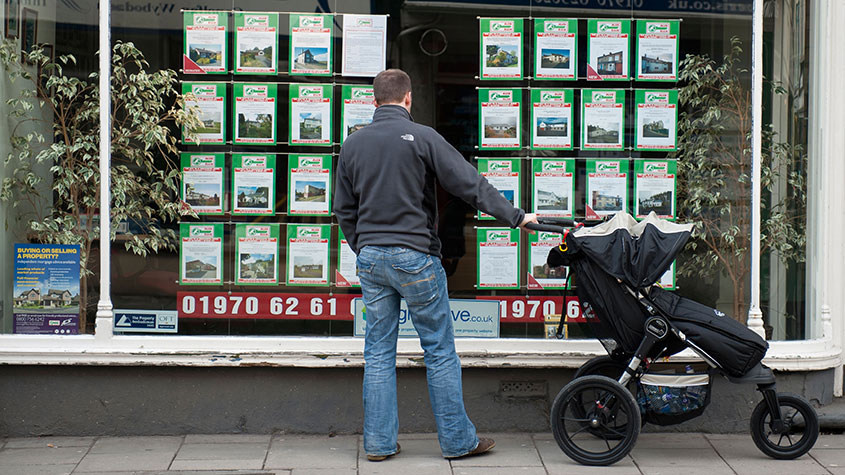 UK house prices see their biggest fall since 2008
UK house prices see their biggest fall since 2008News Halifax’s latest house price index shows UK house prices fell by 2.3% in November
-
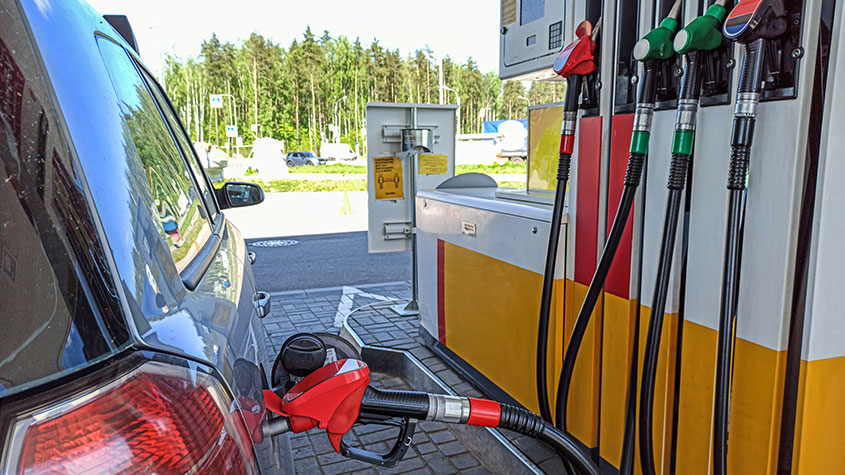 Fuel prices could rise again as Opec cuts production
Fuel prices could rise again as Opec cuts productionNews Major oil-producing countries have decided to cut oil production by two million barrels per day – could this mean higher fuel prices?
-
 The fallout from Europe’s energy crisis
The fallout from Europe’s energy crisisNews The soaring price of gas could see the EU impose a cap on the price of electricity generated by nuclear and renewables, while signs of strain appear in the energy derivatives market, and investors are dumping European stocks.
-
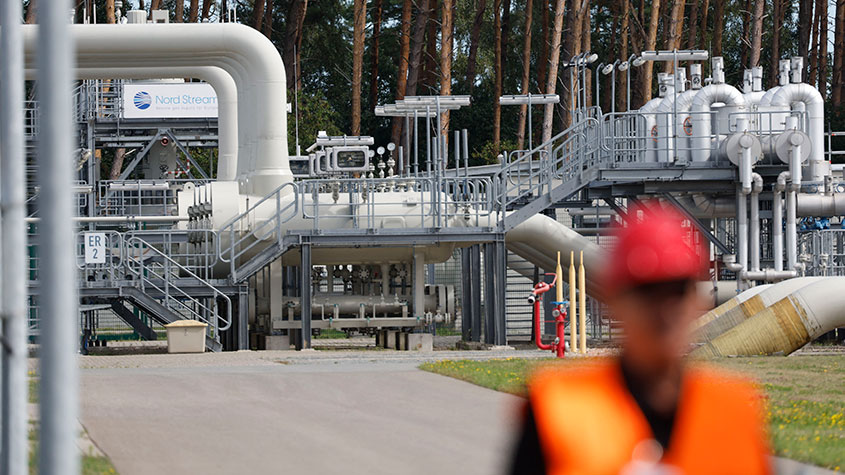 The companies that could benefit from Russia’s gas war
The companies that could benefit from Russia’s gas warTips It’s hard to be an investor right now, but some companies have brighter prospects than others.
-
 Will the gas market keep inflating?
Will the gas market keep inflating?Analysis Energy prices are exploding in value, and the European market has been particularly hit hard. Alex Rankine explains whether gas prices will still march higher or fall soon.
-
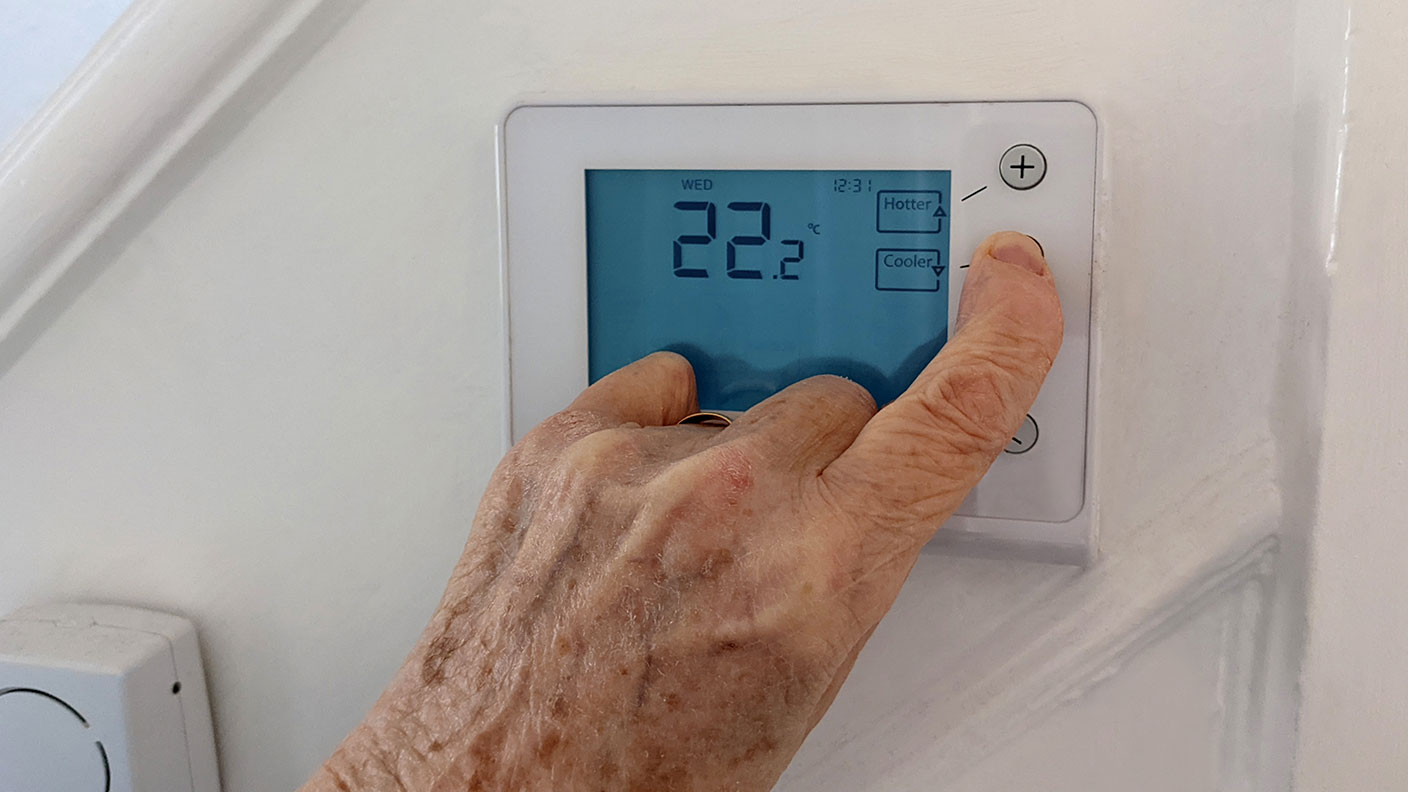 Ignore the doomsayers - energy prices could fall next year
Ignore the doomsayers - energy prices could fall next yearOpinion Forecasts suggest the energy prices will continue to spiral, but these projections could turn out to be a lot of hot air.
-
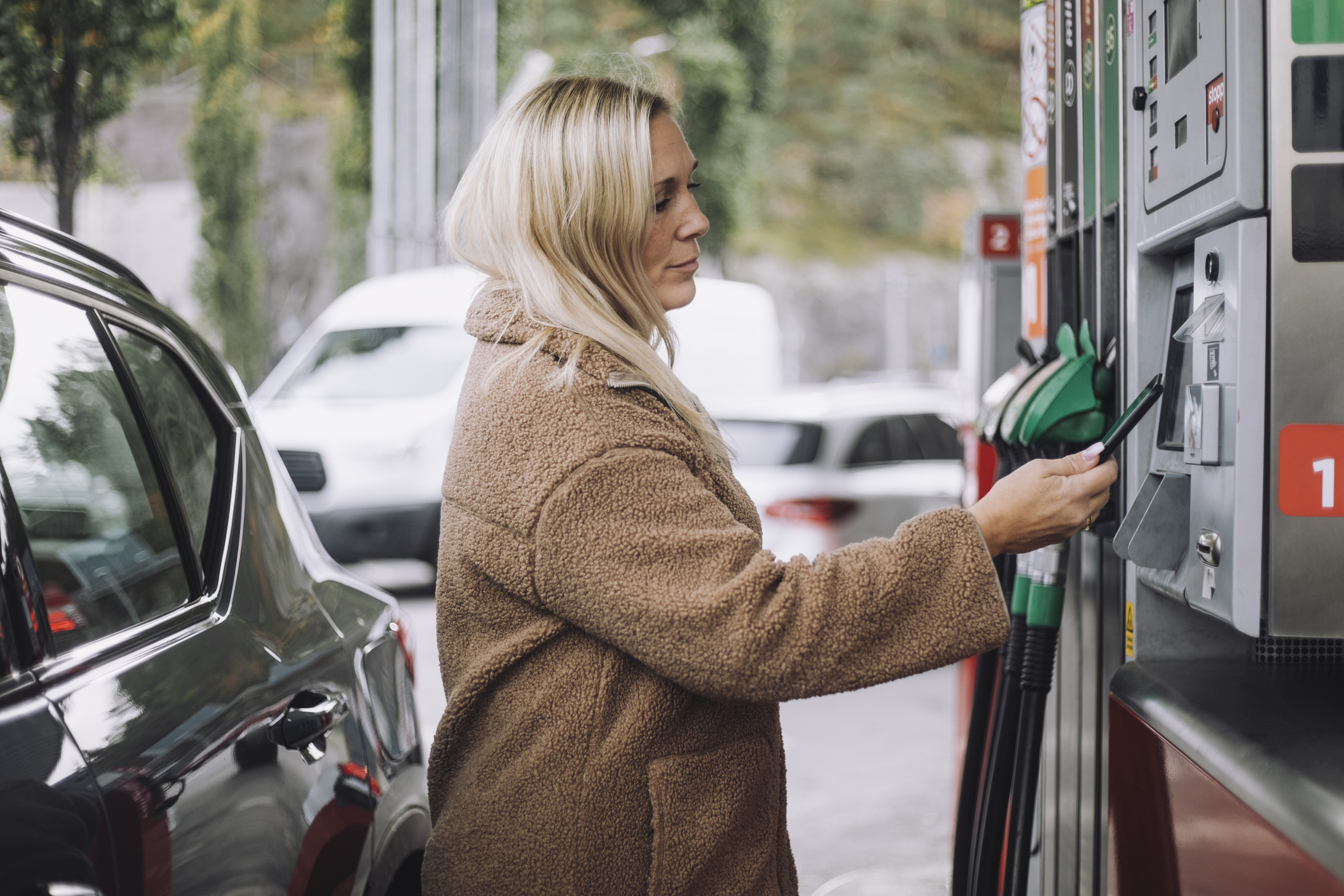 Why is the petrol price rising again?
Why is the petrol price rising again?Brits are being hit by a triple-whammy of increasing oil prices, a falling pound, and new fuel mix standards that are pushing up petrol prices
